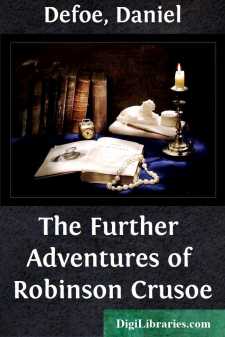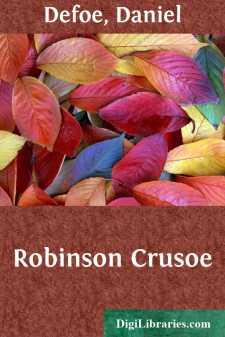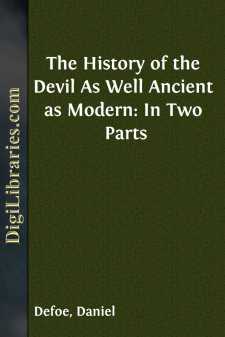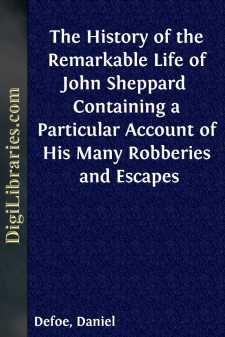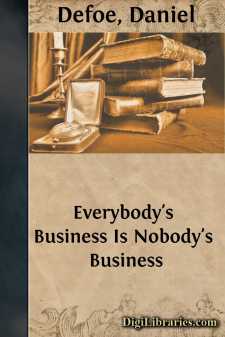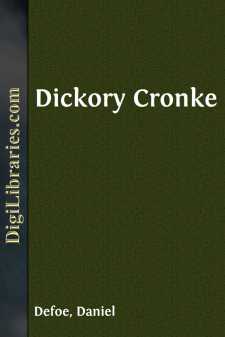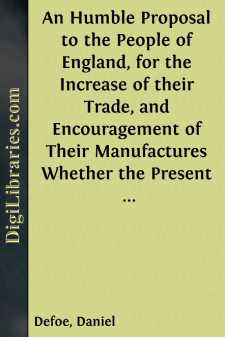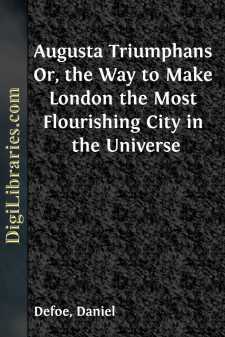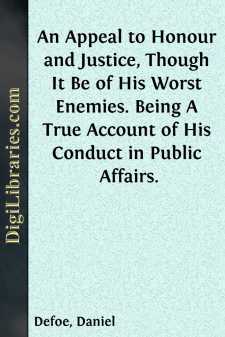Categories
- Antiques & Collectibles 13
- Architecture 36
- Art 48
- Bibles 22
- Biography & Autobiography 816
- Body, Mind & Spirit 145
- Business & Economics 28
- Children's Books 18
- Children's Fiction 14
- Computers 4
- Cooking 94
- Crafts & Hobbies 4
- Drama 346
- Education 58
- Family & Relationships 59
- Fiction 11834
- Foreign Language Study 3
- Games 19
- Gardening 17
- Health & Fitness 34
- History 1378
- House & Home 1
- Humor 147
- Juvenile Fiction 1873
- Juvenile Nonfiction 202
- Language Arts & Disciplines 89
- Law 16
- Literary Collections 686
- Literary Criticism 179
- Mathematics 13
- Medical 41
- Music 40
- Nature 179
- Non-Classifiable 1768
- Performing Arts 7
- Periodicals 1453
- Philosophy 66
- Photography 2
- Poetry 897
- Political Science 203
- Psychology 45
- Reference 154
- Religion 516
- Science 126
- Self-Help 86
- Social Science 82
- Sports & Recreation 34
- Study Aids 3
- Technology & Engineering 59
- Transportation 23
- Travel 463
- True Crime 29
Daniel Defoe
Daniel Defoe (1660-1731) was an English writer, journalist, and pamphleteer, best known for his novel "Robinson Crusoe," which is considered one of the first novels in the English language. His diverse body of work includes adventure stories, political treatises, and economic tracts, reflecting his varied career and interests. Defoe's writing style and themes have had a significant impact on the development of the modern novel and journalism.
Author's Books:
Sort by:
by:
Daniel Defoe
CHAPTER I—REVISITS ISLAND That homely proverb, used on so many occasions in England, viz. “That what is bred in the bone will not go out of the flesh,” was never more verified than in the story of my Life. Any one would think that after thirty-five years’ affliction, and a variety of unhappy circumstances, which few men, if any, ever went through before, and after near seven years of peace...
more...
by:
Daniel Defoe
CHAPTER I—START IN LIFE I was born in the year 1632, in the city of York, of a good family, though not of that country, my father being a foreigner of Bremen, who settled first at Hull. He got a good estate by merchandise, and leaving off his trade, lived afterwards at York, from whence he had married my mother, whose relations were named Robinson, a very good family in that country, and from whom...
more...
by:
Daniel Defoe
Chap. I. Being an Introduction to the whole Work. I doubt not but the title of this book will amuse some of my reading friends a little at first; they will make a pause, perhaps, as they do at a witch’s prayer, and be some whether they had best look into it or no, lest they should really raise the Devil by reading his story. Children and old women have told themselves so many frightful things of the...
more...
by:
Daniel Defoe
TO THE CITIZENSOF London and Westminster. GENTLEMEN, Experience has confirm'd you in that everlasting Maxim, that there is no other way to protect the Innocent, but by Punishing the Guilty. Crimes ever were, and ever must be unavoidably frequent in such populous Cities as yours are, being the necessary Consequences, either of the Wants, or the Depravity, of the lowest part of the humane Species....
more...
by:
Daniel Defoe
THE PREFACE Since this little book appeared in print, it has had no less than three answers, and fresh attacks are daily expected from the powers of Grub-street; but should threescore antagonists more arise, unless they say more to the purpose than the forementioned, they shall not tempt me to reply. Nor shall I engage in a paper war, but leave my book to answer for itself, having advanced nothing...
more...
by:
Daniel Defoe
PREFACE The formality of a preface to this little book might have been very well omitted, if it were not to gratify the curiosity of some inquisitive people, who, I foresee, will be apt to make objections against the reality of the narrative. Indeed the public has too often been imposed upon by fictitious stories, and some of a very late date, so that I think myself obliged by the usual respect which...
more...
by:
Daniel Defoe
It deserves some notice, that just at, or soon after writing these sheets, we have an old dispute warmly revived among us, upon the question of our trade being declined, or not declined. I have nothing to do with the parties, nor with the reason of their strife upon that subject; I think they are wrong on both sides, and yet it is hardly worth while to set them to rights, their quarrel being quite of...
more...
by:
Daniel Defoe
INTRODUCTION Being to direct this discourse to the tradesmen of this nation, it is needful, in order to make the substance of this work and the subject of it agree together, that I should in a few words explain the terms, and tell the reader who it is we understand by the word tradesman, and how he is to be qualified in order to merit the title of complete. This is necessary, because the said term...
more...
by:
Daniel Defoe
A man who has the public good in view, ought not in the least to be alarmed at the tribute of ridicule which scoffers constantly pay to projecting heads. It is the business of a writer, who means well, to go directly forward, without regard to criticism, but to offer his thoughts as they occur; and if in twenty schemes he hits but on one to the purpose, he ought to be excused failing in the nineteen...
more...
by:
Daniel Defoe
APPEAL, &c. I hope the time is come at last when the voice of moderate principles may be heard. Hitherto the noise has been so great, and the prejudices and passions of men so strong, that it had been but in vain to offer at any argument, or for any man to talk of giving a reason for his actions; and this alone has been the cause why, when other men, who, I think, have less to say in their own...
more...


